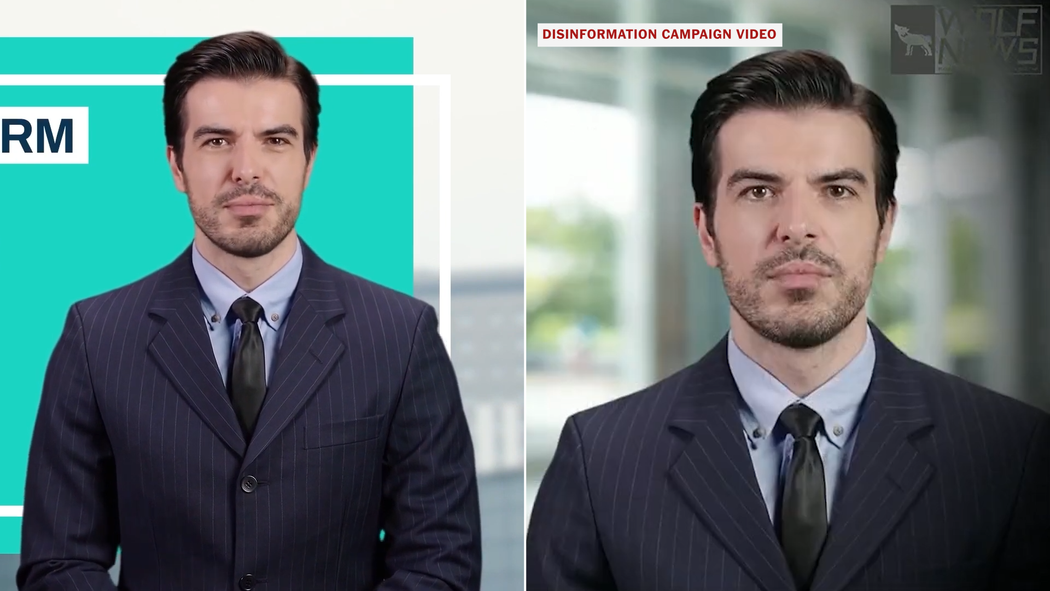Experience the next chapter in reading with Rebind: the first AI-reading platform. Embark on expert-guided journeys through timeless classics.
From a NYTimes story I learned about John Kaag’s new initiative Rebind | Read Like Never Before With Experts, AI, & Original Content. The philosophers Kaag and Clancy Martin have teamed up with an investor to start a company that create AI enhanced “rebindings” of classics. They work with out of copyright book and then pay someone to interpret or comment on the book. The commentary is then used to train an AI with whom you can dialogue as you go through the book. The end result (which I am on the waitlist to try) will be a reading experience enhanced by interpretative videos and chances to interact. It answers Plato’s old critique of text that you can ask questions of it. Now you can.
This reminds me of an experiment by Schwitzgebel, Strasser, and Crosby who created a Daniel Dennett chatbot. Here you can see SChwitzgebel’s reflections on the project.
This project raised ethical issues like whether it was ethical to simulate a living person. In this case they asked for Dennett’s permission and didn’t give people direct access to the chatbot. With the announcements about Apple Intelligence it looks like Apple may provide an AI that is part of the system that will have access to your combined files so as to help with search and to help you talk with yourself. Internal dialogue, of course, is the paradigmatic manifestation of consciousness. Could one import one or two thinkers to have a multi-party dialogue about ones thinking over time … “What do you think Plato; should I write another paper about ethics and technology?”



